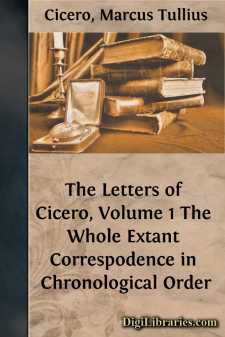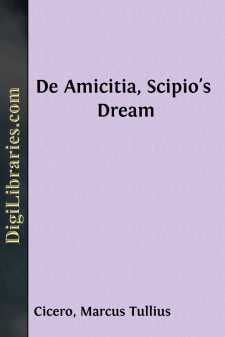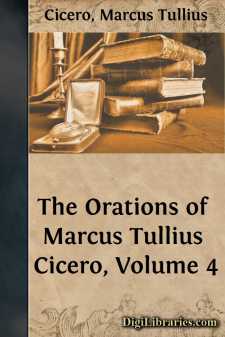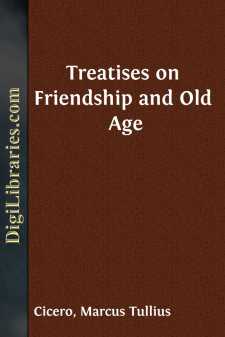Categories
- Antiques & Collectibles 13
- Architecture 36
- Art 48
- Bibles 22
- Biography & Autobiography 816
- Body, Mind & Spirit 145
- Business & Economics 28
- Children's Books 17
- Children's Fiction 14
- Computers 4
- Cooking 94
- Crafts & Hobbies 4
- Drama 346
- Education 58
- Family & Relationships 59
- Fiction 11834
- Foreign Language Study 3
- Games 19
- Gardening 17
- Health & Fitness 34
- History 1378
- House & Home 1
- Humor 147
- Juvenile Fiction 1873
- Juvenile Nonfiction 202
- Language Arts & Disciplines 89
- Law 16
- Literary Collections 686
- Literary Criticism 179
- Mathematics 13
- Medical 41
- Music 40
- Nature 179
- Non-Classifiable 1768
- Performing Arts 7
- Periodicals 1453
- Philosophy 66
- Photography 2
- Poetry 897
- Political Science 203
- Psychology 45
- Reference 154
- Religion 516
- Science 126
- Self-Help 85
- Social Science 82
- Sports & Recreation 34
- Study Aids 3
- Technology & Engineering 59
- Transportation 23
- Travel 463
- True Crime 29
Our website is made possible by displaying online advertisements to our visitors.
Please consider supporting us by disabling your ad blocker.
The Letters of Cicero, Volume 1 The Whole Extant Correspodence in Chronological Order
Categories:
Description:
Excerpt
PREFACE
The object of this book is to give the English-speaking public, in a convenient form, as faithful and readable a copy as the translator was capable of making of a document unique in the literature of antiquity. Whether we regard the correspondence of Cicero from the point of view of the biographer and observer of character, the historian, or the lover of belles lettres, it is equally worthy of study. It seems needless to dwell on the immense historical importance of letters written by prominent actors in one of the decisive periods of the world's history, when the great Republic, that had spread its victorious arms, and its law and discipline, over the greater part of the known world, was in the throes of its change from the old order to the new. If we would understand—as who would not?—the motives and aims of the men who acted in that great drama, there is nowhere that we can go with better hope of doing so than to these letters. To the student of character also the personality of Cicero must always have a great fascination. Statesman, orator, man of letters, father, husband, brother, and friend—in all these capacities he comes before us with singular vividness. In every one of them he will doubtless rouse different feelings in different minds. But though he will still, as he did in his lifetime, excite vehement disapproval as well as strong admiration, he will never, I think, appear to anyone dull or uninteresting. In the greater part of his letters he is not posing or assuming a character; he lets us only too frankly into his weaknesses and his vanities, as well as his generous admirations and warm affections. Whether he is weeping, or angry, or exulting, or eager for compliments, or vain of his abilities and achievements, he is not a phantasm or a farceur, but a human being with fiercely-beating pulse and hot blood.
The difficulty of the task which I have been bold enough to undertake is well known to scholars, and may explain, though perhaps not excuse, the defects of my work. One who undertakes to express the thoughts of antiquity in modern idiom goes to his task with his eyes open, and has no right at every stumbling-block or pitfall to bemoan his unhappy fate. So also with the particular difficulties presented by the great founder of Latin style—his constant use of superlatives, his doubling and trebling of nearly synonymous terms, the endless shades of meaning in such common words as officium, fides, studium, humanitas, dignitas, and the like—all these the translator has to take in the day's work. Finally, there are the hard nuts to crack—often very hard—presented by corruption of the text. Such problems, though, relatively with other ancient works, not perhaps excessively numerous, are yet sufficiently numerous and sufficiently difficult. But besides these, which are the natural incidents of such work, there is the special difficulty that the letters are frequently answers to others which we do not possess, and which alone can fully explain the meaning of sentences which must remain enigmatical to us; or they refer to matters by a word or phrase of almost telegraphic abruptness, with which the recipient was well acquainted, but as to which we are reduced to guessing....





